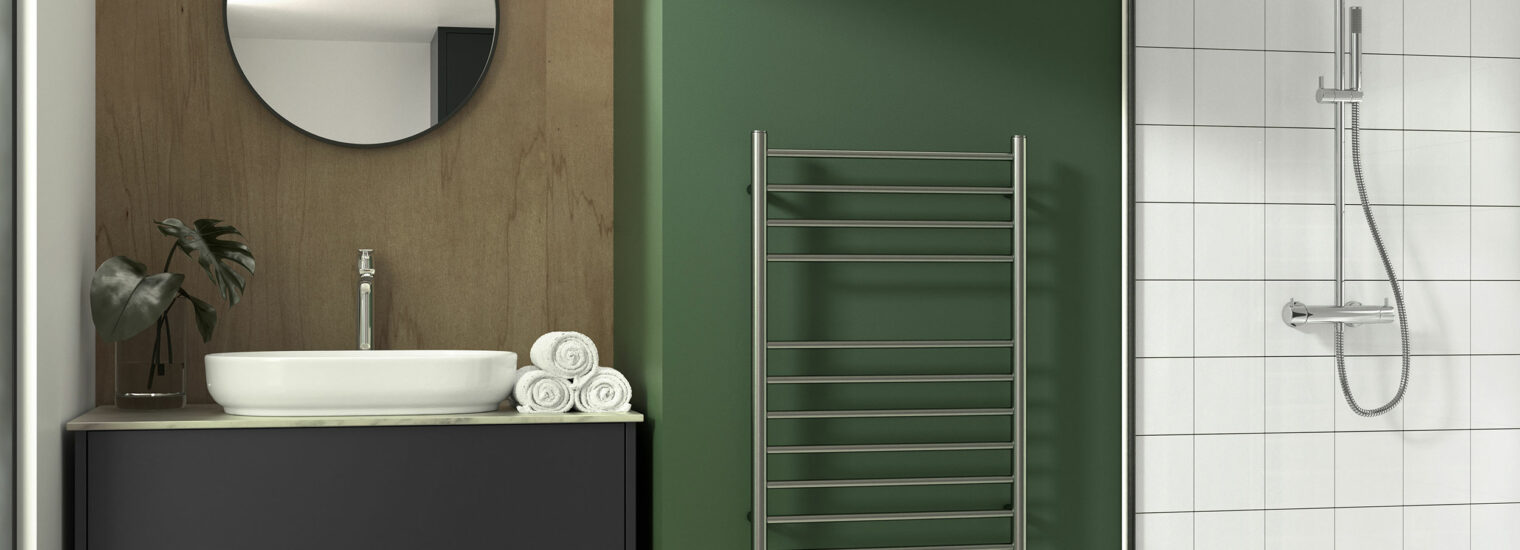When it comes to the changing price of steel in the UK, many people are beginning to question how cost-effective steel radiators are. Nowadays, the vast majority of radiators made in the UK are all made from mild steel. This is mainly because of the huge costs associated with establishing a new manufacturing plant. In fact, establishing a new manufacturing plant to produce a sufficient number of radiators is no longer a credible option. While there will always be a number of smaller radiator manufacturers in the UK who will attempt to produce radiators made with alternative materials, the sheer volume of steel radiators being produced means that this type of radiator will always be the most dominant option in the mainstream radiator market.
Alternative Radiator Materials
If you choose to ignore the dominance of mild steel and take a closer look at the high-end options, it’s clear that the mild steel radiators still excel in areas of aesthetics, performance and availability. We thought it would be useful to talk you through some of the different materials you can use for radiators.
The first material we will take a look at is aluminium. Whilst the heat up time for aluminium radiators is definitely quicker than the traditional mild steel radiator, it’s important to point out that cooling with aluminium radiators also happen more rapidly. Steel panels also heat up slower than aluminium panels. However, the overall heating capacity of mild steel is far better than aluminium. This process is often described as the ‘stove effect.’ As cooling occurs more slowly, this allows for any residual heat to remain in the property for longer. This means that the rooms will remain heated, for longer. Also, there is a more gradual reduction of heat with mild steel radiators.
Different Manufacturing Process Used to Make Radiators
When it comes to manufacturing, aluminium radiators are manufactured using extrusion or dye casting. This process is simple enough, however, the production scale for this type of radiator is relatively small. This means that production for aluminium radiators is low. Also, the manufacturing process for aluminium radiators is a particularly manual process. This automatically increases quality control risks and many of the manufactured aluminium radiators require sanding to remove any blemishes on the surface. Steel radiators do not require this additional process.
Dominance of Steel in the UK Heating Industry
In the UK and Ireland, the heating industry has readily accepted that mild steel radiators make the most sense in terms of manufacturing new radiator models. Mild steel is also easily available. Plus, its impressive past performance means that mild steel remains the top material in use within the heating industry. Also, modern manufacturing methods ensure that repeatability and reliability are easy to achieve. New manufacturing methods have also drastically improved the range of decorative radiator designs available.
With larger steel manufacturers maintaining a large share of the UK radiator market, changes in the price of steel in the UK will have minimal impact. Smaller operators can still develop niche products. However, they will likely never enjoy the mainstream dominance of mild steel in the current radiator market.
What material did you choose for your home radiators? Let us know in the comments below.

